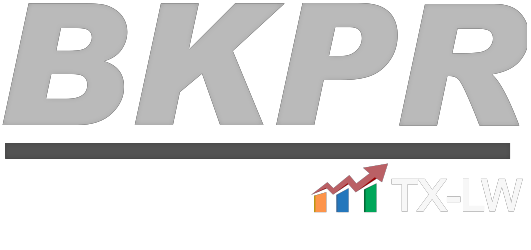Quickbooks is a convenient tool for real estate businesses. Since there are many types of businesses in real estate, your Quickbooks set up will depend on what your exact industry is.
If you are a real estate agent, you may have different accounts compared to someone who is renting out properties or flipping properties.
Here’s a quick introduction on how to use Quickbooks for your real estate business, in general.
How should I start setting up Quickbooks for my real estate business?
Whether you are using the desktop of the online version of Quickbooks, the starting point is to set up your Chart of Accounts.
The decisions you make here will carry through to how your books are kept, so you have to stop to think about this step and what you want from Quickbooks.
First off, you need to set up cost accounts related to your real estate investment. Even if you choose the right set up, there could still be accounts you are using that are not included in the Chart of Accounts generated by Quickbooks.
For instance, you may be using specific accounts such as Residential Sales or Commercial Sales, so you may have to modify your Chart of Accounts.
Before you add any account, check the items in your current Chart of Accounts.
To do this, follow these steps:
- Click on Accounting. You should find this option in the left panel.
- Choose Chart of Accounts. By doing this, you should see the list of all existing accounts.
- Check which accounts are already in the system and which items you need to add.
How to add new accounts
After doing those steps, you can start adding the accounts you need by clicking on New. This is the green button on the upper right side of your screen.
When you click on New, the Account window should pop out. This form will ask you for the Account Type, Detail Type and Name of the account, among other things.
Here’s an example.
If you are in the business of flipping properties, it’s also useful to add a Rehab Cost account under your Cost of Goods Sold. So, if there’s no Rehab Cost on your current set up, you can add the account by following the steps above.
When the Account window pops out, you can choose Cost of Goods Sold under Account Type, Other Costs of Services – COS for Detail Type and input Rehab Cost under Name.
After you Save and Close the form, you can start using the account. To make it even easier to track what the cost is for, you can set up sub-accounts such as Contractors or Construction Materials.
How to use Projects in Quickbooks Online
When you’re using Quickbooks Online, you can add properties as Customers. This method can be effective when you have several properties–as in the case of buy-and-hold investors.
A new feature in Quickbooks, Projects, also allows you to allocate expenses, bills, invoices and more under the customer name. This way, it will be easier to track the income and expense of each property.
Here’s how to do that.
1. Choose Invoices from the left panel
2. Click on Customers.
3. Create the New Customer button.
4. Input the name of the property under the display name and click save.
5. Add a Project. You can do this in two ways–click on the Project tab under the customer name or click on Projects from the left panel.
6. Click add a project and fill out the necessary details. Once you create the project, you can track income, costs, and profit.
Should I use Quickbooks Desktop or Quickbooks Online?
In Quickbooks, you can choose the Desktop version and the Online version. Some businesses prefer the desktop version because it has more features to cater to real estate transactions. However, Quickbooks Online continues to add features to make it easier to manage costs per project.
Some real estate owners used Quickbooks Online with success. There are workarounds to making your business easier with the online version. But it may work not work for all real estate holdings. The desktop version of QB makes it easier to report, track and assign income and costs for a project, i.e., on a property by property basis.
Collaborating with accountants and bookkeepers is also easier when you are using Quickbooks Online.
While weighing the pros and cons, it’s better to assess what your business needs. Consult other people in the industry if needed. You may also ask your bookkeeper or accountant to suggest options on what you can do to make the process easier for your business.
Don’t forget to test how both versions work. This way you’ll see which version is capable of performing the function you want. There may be many benefits of having an online accounting system but it may not be for every business.



